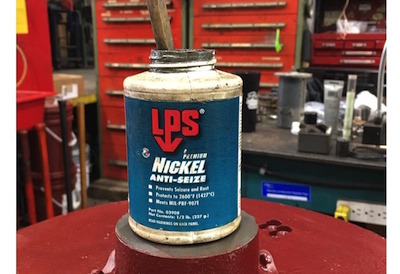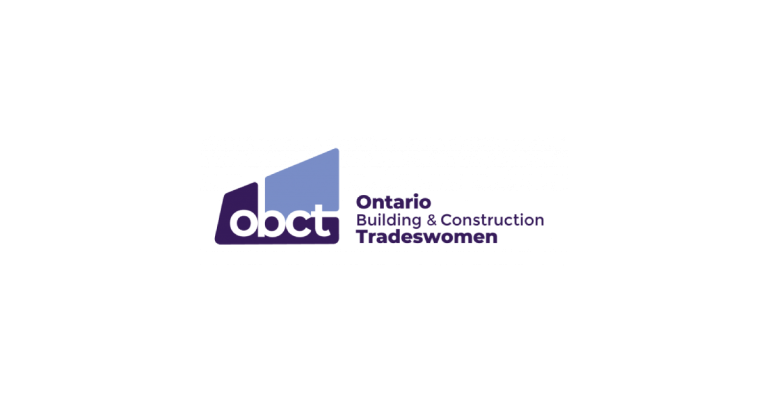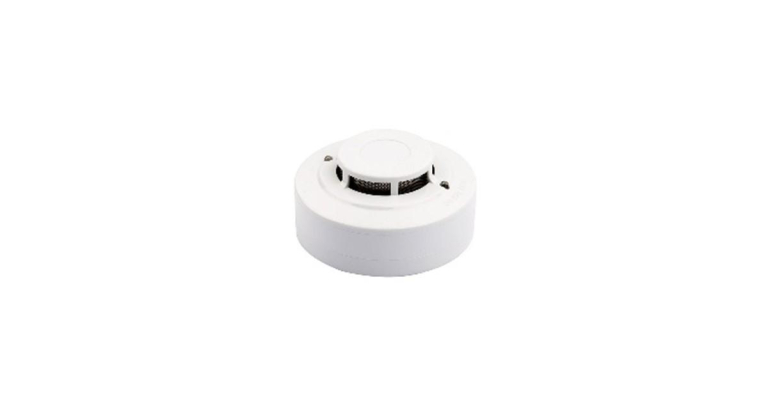3 Easy Ways to Tell If It’s Preventive vs. Predictive Maintenance

Nov 7, 2019
Failure is definitely an “F” word, particularly when we’re talking about critical plant equipment. No one wants to tell the boss that the line is down because a motor has pooched, which is why as an industry we’ve moved away from reactive maintenance to a prevention mindset. There’s still some confusion, however, around the difference between preventive and predictive maintenance. This article starts with a quick definition of each, then gives three easy ways to identify the different types.
What is preventive maintenance?
Preventive maintenance is regularly scheduled equipment inspection and upkeep that’s designed to avoid or postpone motor failure.
What is predictive maintenance?
Predictive maintenance looks for signs of future motor failure, so that maintenance tasks only happen when they’re needed.
Here are three ways to tell whether you’re doing preventive or predictive maintenance.
1. If there’s monitoring involved, it’s predictive
One way to tell that it’s predictive maintenance is if the performance and condition of the motor are being monitored while the motor is in service. This monitoring is often continuous, using technology to collect data from the motors in real time. It can also be periodic, using thermal imaging, vibration analysis, oil analysis and other dynamic tests to predict when a motor failure may occur. The intel provided by monitoring, analyzed in the context of past performance trends, is what prompts any maintenance or repair activities.
2. If there’s a schedule, it’s preventive
Preventive maintenance is most often performed according to a specific schedule, based on calendar days or usage. This schedule is usually based on manufacturers’ recommendations for how often maintenance should be performed, not whether the specific piece of equipment needs it. In some cases, however, the schedule could be based on a customized recommendation for that specific piece of equipment in that specific location. This happens in proactive plants where past failures have been investigated and revealed that there’s a better maintenance schedule than the one suggested by the OEM.
3. If the equipment must be taken offline, it’s preventive
Preventive maintenance checks and cleaning can usually only be performed if the equipment is out of service. Because it’s planned activity, it can be scheduled to minimize impact on production. Preventive maintenance tasks for electric motors include cleaning cooling fins, checking electrical connections and bearing lubrication. (This video shows what happens when you don’t properly grease a motor: www.dukeelectric.com/blog/what-happens-when-you-dont-grease-industrial-motor/
So there you have it. If maintenance is performed according to a set schedule and the equipment has to be taken offline, it’s preventive. If maintenance is based on the interpretation of data that come from monitoring while the motor is in regular operation, it’s predictive.
Source: Duke Electric

















